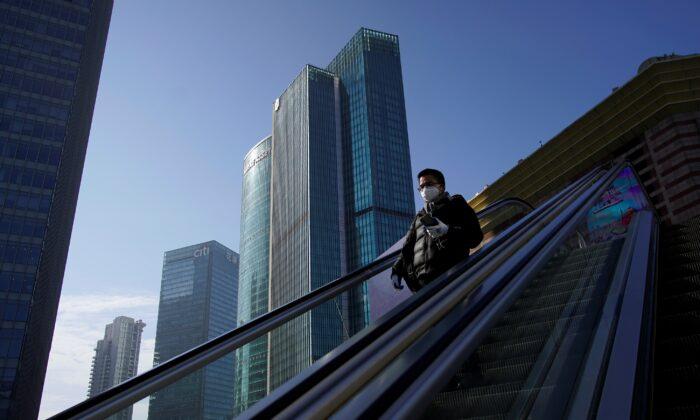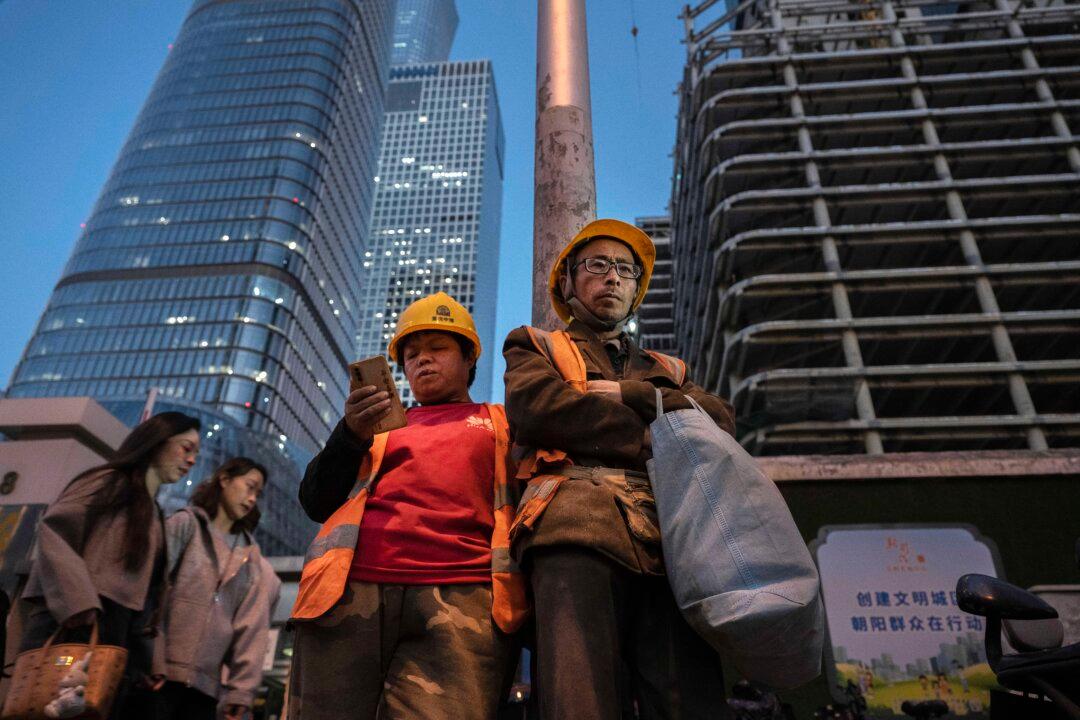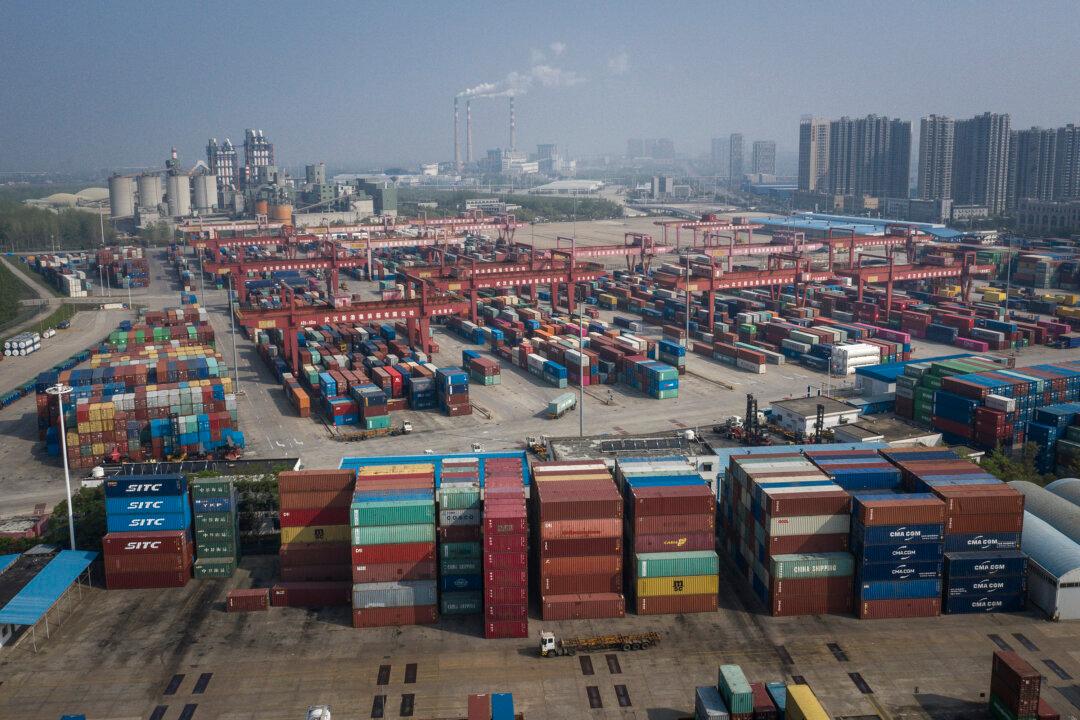Beijing’s containment strategy is failing. Instead of abating, China’s financial strains are intensifying.
Last month, when concerns first arose with the insolvency of the real estate giant Evergrande, Beijing held back from getting too involved. The nation’s leadership no doubt hoped that the financial waves would calm without much effort on their part.
Now with the announcements of more failures and defaults, it is apparent that financial problems are deepening and becoming more widespread. Indeed, the news is beginning to resemble the beginnings of America’s 2008–09 financial crisis. Beijing cannot avoid acting for long.
The latest news is disturbing. The first tentative signs emerged in August when Sunshine 100 China Holdings Ltd. defaulted on some of its dollar-based notes. A few weeks later, the much more significant Evergrande failed to make an interest payment on a much larger issue of dollar-based debt and announced that it was effectively insolvent. Hope of a resolution rose earlier this month when Hopson Development Holdings, a rival of Evergrande, floated the idea of buying Evergrande’s property management division. Should the deal go through, it might enable Evergrande to meet some of its obligations, but as of this writing, no deal has emerged.
In the meantime, a smaller real estate developer, Fantasia Holding Group, failed on Oct. 4 to pay on a bond issue that had come due. During this same time, another property developer, Sinic Holdings Group, failed to make two domestic bond interest payments.
Credit rating agencies began to downgrade much Chinese corporate debt to levels that point to default, while all eyes turned to Oct. 15, when some $229 million of the Beijing-based Xinyuan Real Estate Company’s dollar-denominated debt will come due.
Widespread debt problems of this sort were always a likely outgrowth of China’s past breakneck pace of development. When any economy grows at the pace China’s was, opportunities abound. Company managements face an almost irresistible temptation to borrow funds to take advantage of those opportunities. Evergrande used debt to expand from its original base in Guangdong Province to pursue developments all over China, as well as move into other lines of business. Other firms behaved similarly, if less grandly. As long as the economy developed at speed, revenue flows more than kept up with the debt burden. But when China’s economy began to slow, so did revenues, and those debts have become increasingly difficult to sustain. The growing list of defaults testifies to this reality and points to still more troubled firms than have not yet made headlines.

The announced losses, even if the Hopson-Evergrande deal goes through, will cause trouble enough, but Chinese finance, and Beijing, now face a bigger problem. It lies in the impact of these failures on the general level of trust in the financial system.
Trust is an essential ingredient in finance. Without it, no participant can have any confidence that the person or firm with which he or she is dealing can meet their obligations. Without that trust, people shy away from all activity, and trading, lending, stock purchases, whatever, stops. Finance then fails in its essential function, which is to channel funds from savers and investors to innovators and established firms. Expansion and hiring then also stop, and the economy collapses.
This is what threatened the United States during the 2008–09 financial crisis. All knew that the system could have absorbed the mortgage losses at the root of the problem, large as they were. But because no one could tell where those bad mortgages were held, everyone pulled back from dealing with everyone else. A borrower, for instance, who had a good credit history might in the interim have acquired some of the failing mortgages and so fail himself. Or even if he did not hold any of the questionable mortgages, he might depend on another who held some of them and pass the failures through the presumably sound borrower to others. Such fears prevented trading, investing, and lending.
More than anything else, concern over how this loss of trust could impact the economy was why the federal government and the Federal Reserve (Fed) stepped in to help financial institutions meet their obligations. The one extended credit to the banks so that everyone else would have confidence that banks were sound. The Fed flooded the financial markets with liquidity at low interest rates so that anyone experiencing problems could readily borrow on easy terms to meet their obligations. The aim was to protect the economy by re-establishing trust and confidence.
Now in China, the stage is set for a loss of trust among financial players. The fears that lie behind this loss may extend beyond that country’s borders. After all, these companies have borrowed and acquired equity capital from many sources around the world. Unless luck runs high, Beijing must act to restore that essential trust. The moral imperatives on which so much of China’s leadership has dwelt are secondary. Blame and punishment can come in the fullness of time. Now is a time for action, to use official and central bank funds to reassure all that counterparties will be able to meet their obligations. China’s prosperity depends on it.





